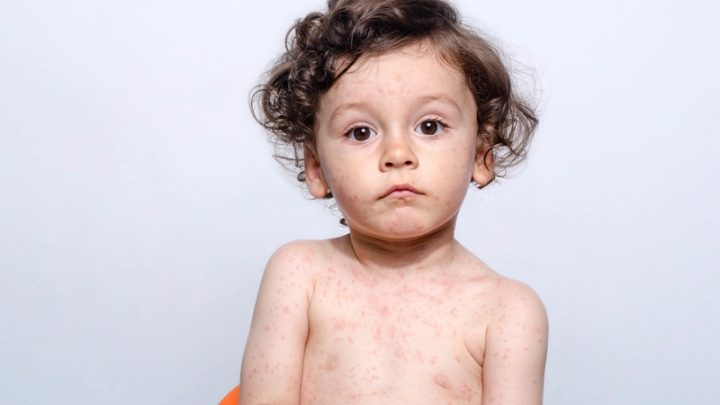(RxWiki News) The Centers for Disease Control and Prevention (CDC) is saying social media reports of a multistate measles outbreak in the United States are not true. Still, measles remains a health threat.
In 2018 so far, there have been 124 measles cases across 22 states and the District of Columbia, according to the CDC. Here's what you need to know about the recent measles reports.
The CDC has reported that the number of measles cases seen this year is similar to recent years and within the expected range. The recent social media posting about a current outbreak was a misinterpretation of the data that CDC surveillance teams regularly issue, the agency noted.
Although there is not currently an outbreak of measles in the US, measles is still found in many parts of the world, such as Asia, the Pacific and Africa. Traveling abroad when you are not vaccinated against measles can lead to cases that can spread to others once you return to the US.
States affected by measles so far this year include Arkansas, California, Connecticut, Florida, Illinois, Indiana, Kansas, Louisiana, Maryland, Michigan, Minnesota, Missouri, Nevada, New Jersey, New York, North Carolina, Oklahoma, Oregon, Pennsylvania, Tennessee, Texas and Washington, as well as Washington, DC.
The best way to protect yourself is to make sure you and your loved ones are vaccinated. One dose of the vaccination is 93 percent effective against measles. Two doses are 97 percent effective.
The measles vaccination is also referred to as the MMR (measles, mumps, rubella) vaccine. Typically, the first dose of the vaccine is given between 12 and 15 months of age. A second dose is given between the ages of 4 and 6. In certain cases, the vaccination schedule may be slightly different.
Measles is highly contagious because it can spread through the air via coughing or sneezing.
Speak with your health care provider about any questions or concerns you have about measles, how to lower your risk and the MMR vaccine.








